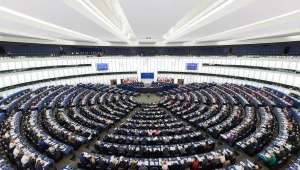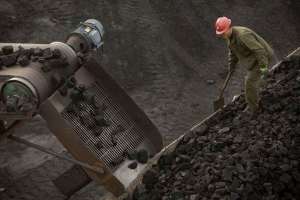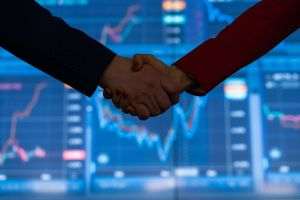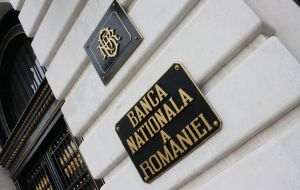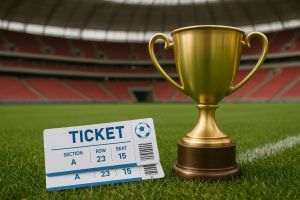An experiment: two pipes were welded together to form the shape of the letter T. A live electric wire was installed at the end of the left side of the T. Yummy food for earthworms was placed at the end of the right side of the T. Earthworms were driven into the central pipe from the bottom of the T-shaped contraption. Upon reaching the intersection, half of the earthworms went left, and the other half went right. Those reaching the left end of the T were electrocuted (not killed) by the low-voltage wire. Those reaching the right end of the T gorged on the food. The same earthworms were driven again and again through the central pipe fifty times. Every time, the 50-50 ratio between the earthworms turning left or right remained the same. The conclusion was that, despite the recent experience, earthworms do not learn.
Until they surrendered its license to practice after being found guilty of criminal charges linked to the Enron fraud, Arthur Andersen was one of the Big Five auditors in the world alongside PricewaterhouseCoopers, Deloitte Touche Tohmatsu, Ernst & Young and KPMG). Until such time, if one of the Big Five said there was a cow with two udders in Potigrafu, you would simply take two buckets and go to Potigrafu to milk the wondrous cow.
The Enron scandal proved to the world that auditors can be crooks, too (and I don"t see why that had to be proven, as profession is not a guarantee of character, no matter how upset the professional may be to hear that).
Rating agencies, too, have been caught red-handed many times. Standard & Poor"s themselves astonished the world some months ago, when they radically changed their rating for CMBS securities in the frame of one week, driving it down and then up again, although nothing was actually happening with those securities.
Then why should we care about the S&P rating, if the agency has lost its credibility?
Well, because!
The fact is that investors continue to stare at the ratings, even though they have been electrocuted many times, just like the earthworms in the pipe.
They lost fortunes.
The rating agencies did not warn them about the crisis.
Nor did the IMF.
It doesn"t matter.
It also doesn"t matter that S&P is paid by the companies they rate.
People just continue to split 50-50, to the left and to the right.
They say that"s how the system works.
• Standard & Poor"s Reputation
"S&P had announced in end-May that they were considering lowering the rating of CMBS" worth tens of billions of dollars, and that included securities issued by Goldman Sachs, Credit Suisse, JP Morgan and Morgan Stanley.
The S&P press release indicated that the agency was very concerned especially with the performance of the CMBS" issued in 2007, whose loss rate could reach 20% for certain AAA-rated classes, should the economy decline significantly. The uncertainty sparked by the S&P announcement prompted potential customers not to bring CMBS collateral to the first TALF bidding in June. (...)
Only a week later, Standard & Poor"s backtracked on the decision in what the Wall Street Journal called "a surprise rating flip-flop." Reuters reported that "Standard & Poor"s reversed some controversial downgrades of widely watched commercial mortgage-backed securities in a highly unusual response to investor ire." (!!!) Who might those "investors" still in denial be, if S&P was so prompt to respond to their "ire"? And where might this agency still get some credibility from?
(excerpts from the editorial "Masters Of Absurd Finance" by Calin Rechea, published by BURSA, 27 July 2009)









